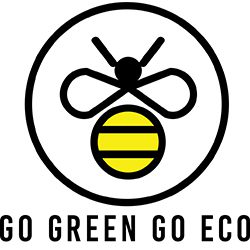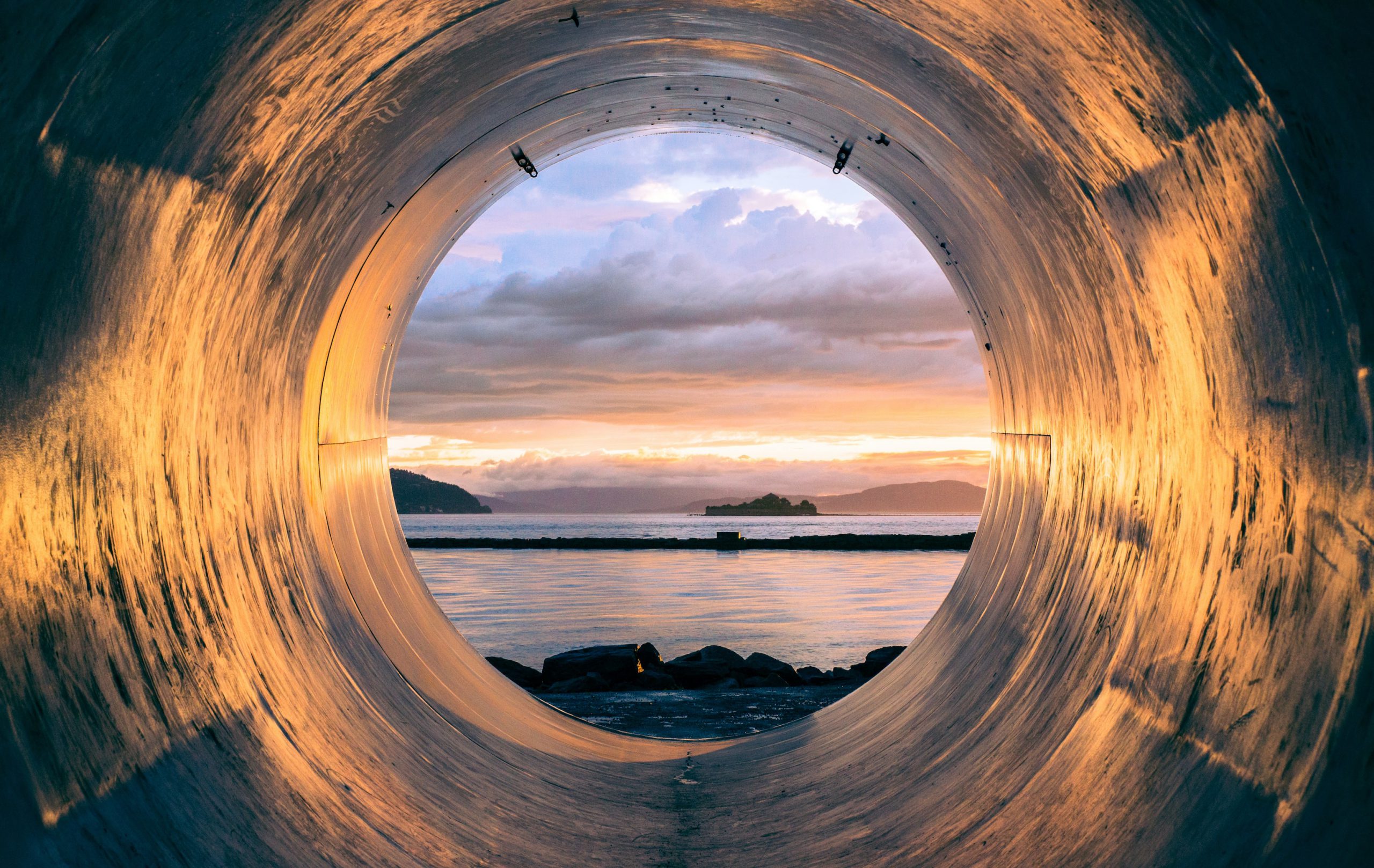
It’s been a while since I wanted to write about circular economy vs. throwaway culture and Earth Overshoot Day. Although they both might feel more related to big business or manufacturing, us as consumers can also have an impact by taking small steps. Personally understanding both concepts made me change the way I think and shop to try to fight throwaway culture. And I hope that it might inspire others, too.
Whether it comes down to habits or lack of wider consideration, I used to buy -> use -> throw away and again buy -> use -> throw away. Very early on I started segregating and recycling my rubbish but for a long time this was how far I got to. And I am not the only one. Stats speak for themselves.
Throwaway culture
We are all part of throwaway culture (also known as convenience, garbage, waste culture) buying and disposing single-use products.
- There are more phones (mobile connections) than people on the planet.
- The amount of clothes purchased is forecast to reach more than 92 million tonnes by 2030.
- Globally humans buy a million plastic bottles per minute.
- Every year we dump a massive 2.12 billion tons of waste.
- In 2017, Europeans on average generated 172kg of packaging waste each, with 116kg being recycled.
The world’s current take-make-dispose linear economy is outdated. It is also the root cause of some of today’s most challenging problems.
National Geographic
Coronavirus risks a return of the throwaway culture. People don’t have faith anymore in these products without the packaging.
Politico
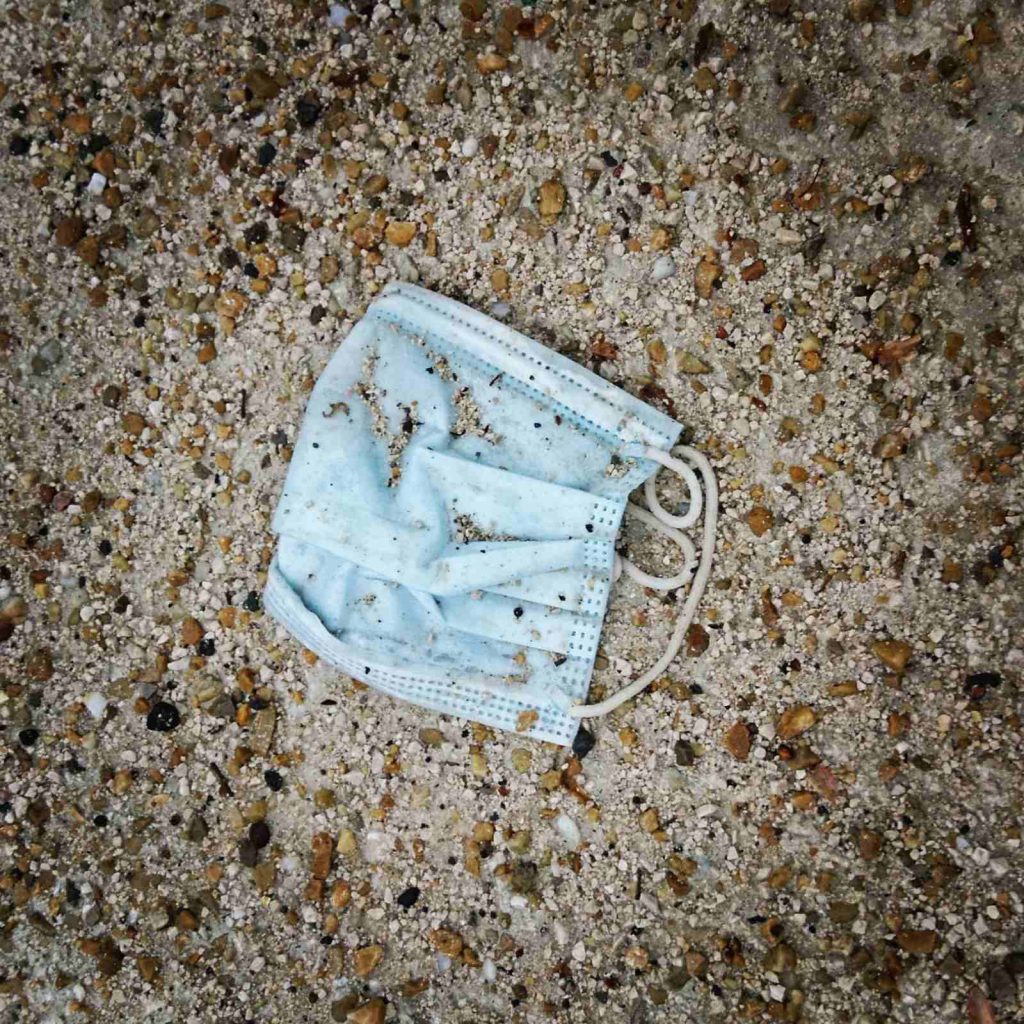
What is circular economy?
In a business context
It is a concept based on a principle of consuming less resources by recovering, recycling and reusing materials. It follows the way the nature works. For businesses operating in a circular way, it’s about saving natural resources and preventing pollution to gain economic benefit – turning goods of today into resources of tomorrow.
A circular economy is based on the principles of designing out waste and pollution, keeping products and materials in use, and regenerating natural systems.
Ellen MacArthur Foundation
It goes even further, with one of its pillars called Circular Design which focuses on rethinking design of products to make recycling easier or unnecessary.
In everyday life
For any of us, circular economy involves a fundamental shift in how we live, think and consume. And there are many ways how it could be done.
- Start choosing products that are made to last as opposed to buying gadgets, cars and other tech that have deliberately short lifespans,. Think about not only repairing and using your items longer (have you heard about the right to repair movement?). Become a user not consumer.
- Consider product sharing as opposed to owning. Think about Uber taxi, Blablacar and many other sharing economy services.
- Try some of the principles of minimalist life whether to fit in small living spaces or feel happier by owning less.
- Reduce consumption to avoid waste by buying as little as you can, only when you really need it.
- Spread the word and create awareness so others can follow, too.
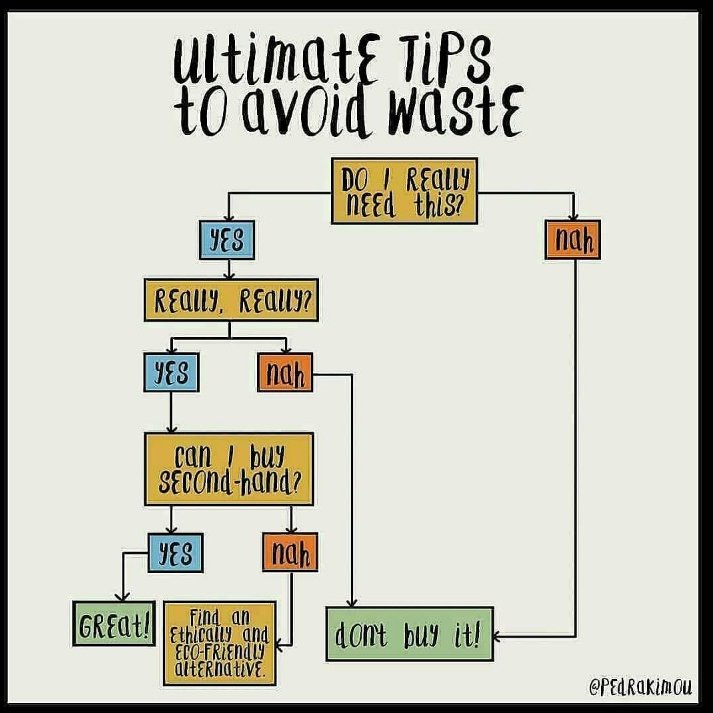
How is circular economy linked with Earth Overshoot Day?
According to Wikipedia, “Earth Overshoot Day, previously known as Ecological Debt Day, is the calculated illustrative calendar date on which humanity’s resource consumption for the year exceeds Earth’s capacity to regenerate those resources that year.”
This year it falls on 22 August (which is 3 weeks later than in 2019 as a direct consequence of the coronavirus-induced lockdowns around the world). It has been calculated dividing the planet’s biocapacity (the amount of ecological resources Earth is able to generate that year), by humanity’s Ecological Footprint (humanity’s demand for that year), and multiplying by 365, the number of days in a year. For comparison, over the past 20 years, it has moved up two months. This means that humanity is currently using nature 1.75 times faster than our planet’s ecosystems can regenerate, as if we lived on 1.75 planets.
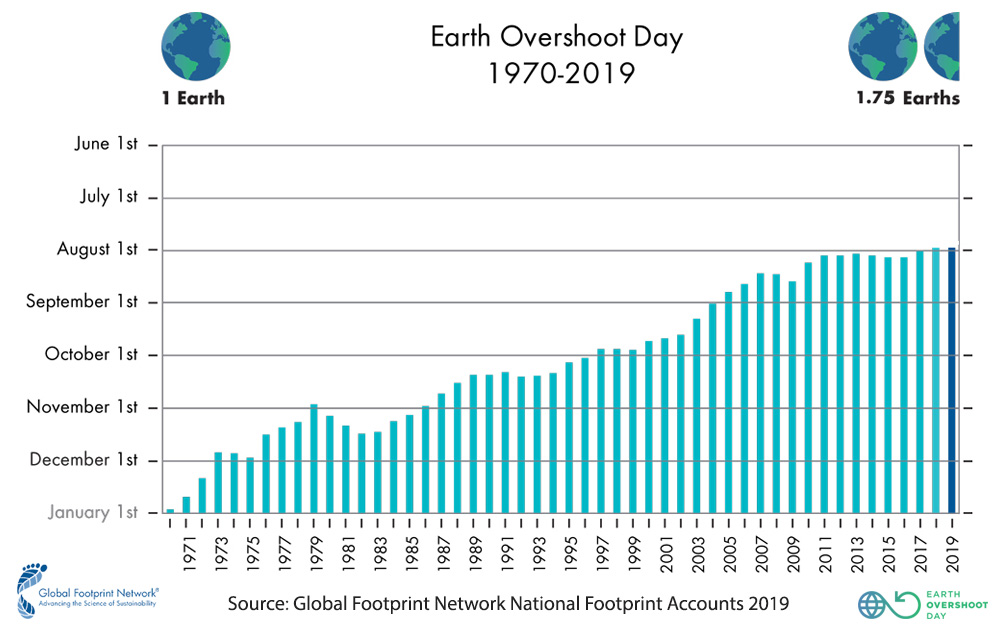
Move the date
There are steps we can take to try to change our over consumption of the planet. Check #MoveTheDate and many practical steps they outline, including:
- carbon-free commute
- streamlining wardrobe, fighting food waste
- online activism, and more
More ideas
If you need more practical suggestions of small steps to fight throwaway culture and help #MoveTheDate, why don’t you consider less meat in your diet, learn how to waste less food or think about conscious consumerism?
